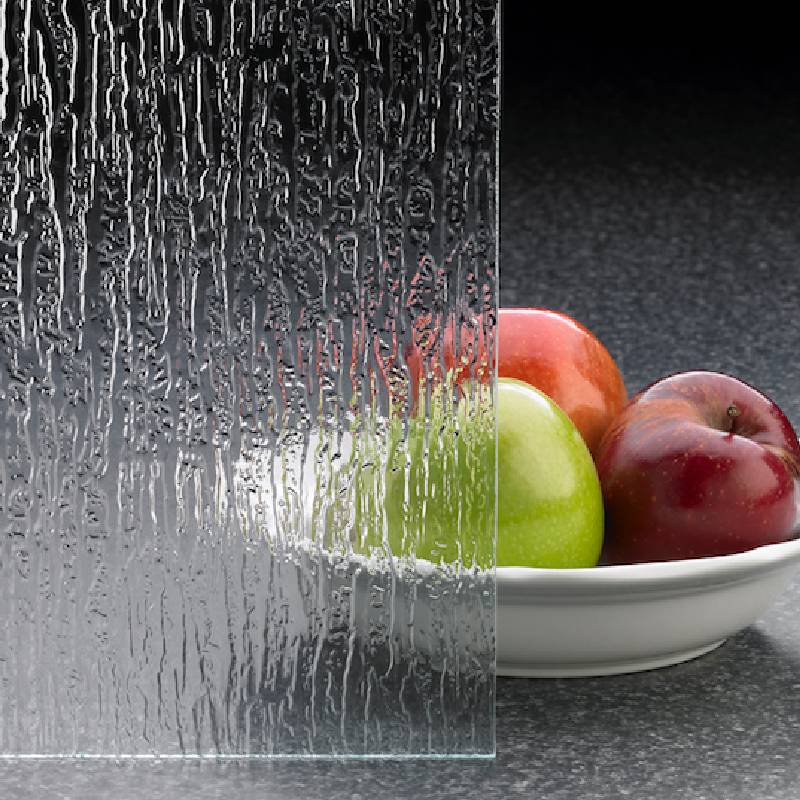Tinted Float Glass An Overview
Tinted float glass is a specialized type of glass that has been treated to reduce light transmission, enhance privacy, and improve thermal performance. Its applications vary widely, encompassing both architectural and automotive sectors. This article delves into the characteristics, benefits, and uses of tinted float glass, illustrating its significance in modern design and functionality.
The manufacturing process of tinted float glass involves adding metal oxides or other coloring agents to the molten glass during production. This integration allows for a uniform color distribution throughout the glass, resulting in consistent shading and performance. Common tints include shades of gray, bronze, green, and blue, each offering different levels of light transmission and aesthetic appeal. The tint's intensity can be customized, allowing architects and designers to select the perfect hue to complement their projects.
One of the primary advantages of tinted float glass is its ability to control solar heat gain. By reducing the amount of solar radiation that enters a building or vehicle, tinted glass helps maintain a comfortable indoor temperature, thereby reducing reliance on air conditioning systems. This aspect not only leads to lower energy bills but also contributes to a more sustainable environment by minimizing energy consumption.
In addition to thermal insulation, tinted float glass provides excellent glare reduction. Natural sunlight can cause discomfort and hinder visibility, particularly in office environments or vehicles. Tinted glass softens the intensity of sunlight, creating a more pleasant ambiance while preserving the view outside. This feature is particularly beneficial for homes and commercial buildings situated in sunny regions where glare can be a persistent problem.
tinted float glass
Privacy is another crucial aspect addressed by tinted float glass. By limiting the amount of light that passes through, tinted glass provides an effective barrier against prying eyes without sacrificing natural light. This quality makes it a popular choice for residential windows, conference rooms, and even shower enclosures. Homeowners can enjoy their privacy while maintaining a bright living space.
Aesthetic appeal is a significant factor in the popularity of tinted float glass. The varied color options allow architects and designers to create visually striking exteriors and interiors. The glass can be incorporated into modern architectural designs, adding a sleek and contemporary feel to buildings. By harmonizing with the surrounding environment, tinted float glass enhances the overall architectural vision.
Moreover, tinted float glass is also favored in the automotive industry. Many vehicles are equipped with tinted windows to improve passenger comfort and reduce heat buildup. In addition to aesthetic contributions, tinted windows provide UV protection, safeguarding occupants and interiors from harmful rays.
In conclusion, tinted float glass is an invaluable asset in both architectural and automotive applications. Its ability to control light transmission, improve thermal performance, enhance privacy, and add visual appeal makes it a versatile choice for various projects. As energy efficiency and design aesthetics continue to gain importance in contemporary architecture, tinted float glass will undoubtedly remain a popular option, paving the way for innovative designs and sustainable living spaces.
 Afrikaans
Afrikaans  Albanian
Albanian  Amharic
Amharic  Arabic
Arabic  Armenian
Armenian  Azerbaijani
Azerbaijani  Basque
Basque  Belarusian
Belarusian  Bengali
Bengali  Bosnian
Bosnian  Bulgarian
Bulgarian  Catalan
Catalan  Cebuano
Cebuano  Corsican
Corsican  Croatian
Croatian  Czech
Czech  Danish
Danish  Dutch
Dutch  English
English  Esperanto
Esperanto  Estonian
Estonian  Finnish
Finnish  French
French  Frisian
Frisian  Galician
Galician  Georgian
Georgian  German
German  Greek
Greek  Gujarati
Gujarati  Haitian Creole
Haitian Creole  hausa
hausa  hawaiian
hawaiian  Hebrew
Hebrew  Hindi
Hindi  Miao
Miao  Hungarian
Hungarian  Icelandic
Icelandic  igbo
igbo  Indonesian
Indonesian  irish
irish  Italian
Italian  Japanese
Japanese  Javanese
Javanese  Kannada
Kannada  kazakh
kazakh  Khmer
Khmer  Rwandese
Rwandese  Korean
Korean  Kurdish
Kurdish  Kyrgyz
Kyrgyz  Lao
Lao  Latin
Latin  Latvian
Latvian  Lithuanian
Lithuanian  Luxembourgish
Luxembourgish  Macedonian
Macedonian  Malgashi
Malgashi  Malay
Malay  Malayalam
Malayalam  Maltese
Maltese  Maori
Maori  Marathi
Marathi  Mongolian
Mongolian  Myanmar
Myanmar  Nepali
Nepali  Norwegian
Norwegian  Norwegian
Norwegian  Occitan
Occitan  Pashto
Pashto  Persian
Persian  Polish
Polish  Portuguese
Portuguese  Punjabi
Punjabi  Romanian
Romanian  Russian
Russian  Samoan
Samoan  Scottish Gaelic
Scottish Gaelic  Serbian
Serbian  Sesotho
Sesotho  Shona
Shona  Sindhi
Sindhi  Sinhala
Sinhala  Slovak
Slovak  Slovenian
Slovenian  Somali
Somali  Spanish
Spanish  Sundanese
Sundanese  Swahili
Swahili  Swedish
Swedish  Tagalog
Tagalog  Tajik
Tajik  Tamil
Tamil  Tatar
Tatar  Telugu
Telugu  Thai
Thai  Turkish
Turkish  Turkmen
Turkmen  Ukrainian
Ukrainian  Urdu
Urdu  Uighur
Uighur  Uzbek
Uzbek  Vietnamese
Vietnamese  Welsh
Welsh  Bantu
Bantu  Yiddish
Yiddish  Yoruba
Yoruba  Zulu
Zulu 

